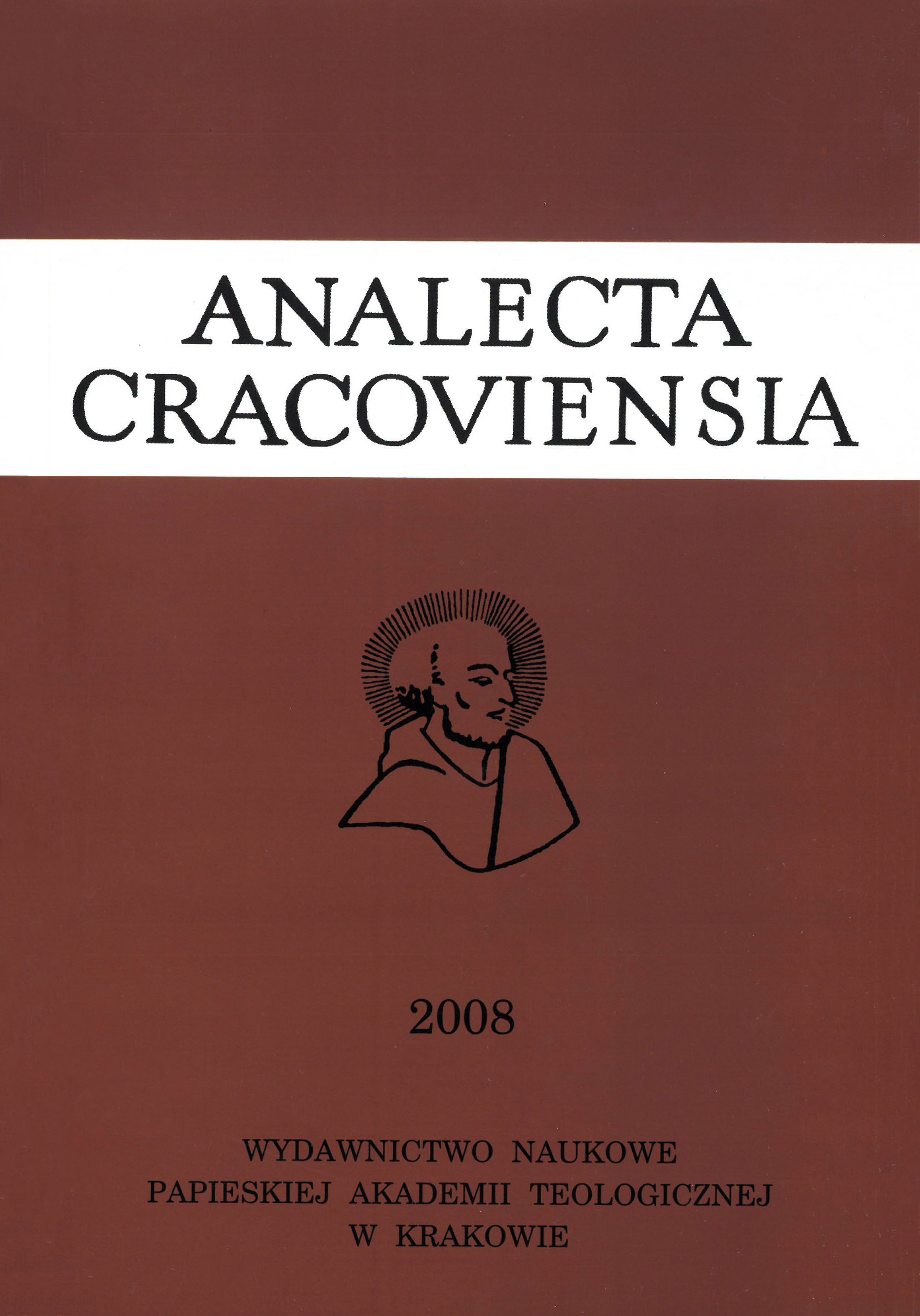O rozumie wiary i wierze rozumu. Debata między Jürgenem Habermasem a Josephem Ratzingerem
DOI:
https://doi.org/10.15633/acr.4006Abstract
Das Gespräch zwischen Jürgen Habermas und Joseph Ratzinger, das 2004 in den Räumen der Katholischen Akademie in München geführt worden war, stellte die Frage, ob der demokratische Staat als solcher ein Begründungsdefizit habe, das nur durch ein dem Staat vorgeschaltetes Sittliches ausgeglichen werden könne; oder ob das Vertrauen in den demokratischen Prozess selbst genüge, um politische Tugenden freizusetzen. Demokratische Verfahren, argumentierte Habermas, seien nicht nur leere Prozeduren, sondern normativ gehaltvolle Verfahren, die schon sittliche Motive enthalten. Deshalb gebe es in der Demokratie konzeptionell keine Lücke, durch die eine vorpolitische Substanz eindringen könne. Allerdings berge die Religion Sinngehalte, für die eine ethisch enthaltsame Philosophie keine Sprache habe. Dies ist für Ratzinger Anlass zur Hoffnung auf einen komplementären Lernprozess zwischen säkularer Vernunft und religiösem Glauben. Allerdings stellt sich für ihn die grundsätzliche Frage: Was ist Vernunft? Wie weist sich eine Aussage – vor allem eine moralische Norm – als vernünftig aus? Und wie kann eine sich rein säkular verstehende Vernunft in religiösen Überlieferungen überhaupt anerkennenswerte Rationalitätsmomente ausfindig machen? Der Beitrag versucht, neben den Gemeinsamkeiten vor allem die Differenzen ausfindig und einer methodischen Einordnung zugänglich zu machen.
Downloads
Published
Issue
Section
License
Copyright (c) 2023 Christof Breitsameter

This work is licensed under a Creative Commons Attribution-NonCommercial-NoDerivatives 3.0 Unported License.
Authors who publish with this journal agree to the following terms:
- Authors retain the copyright and full publishing rights without restrictions, and grant the journal right of first publication with the work simultaneously licensed under a Creative Commons Attribution 4.0 International License that allows others to share the work with an acknowledgement of the work's authorship and initial publication in this journal.
- Authors are able to enter into separate, additional contractual arrangements for the non-exclusive distribution of the journal's published version of the work (e.g., post it to an institutional repository or publish it in a book), with an acknowledgement of its initial publication in this journal.
- Authors are permitted and encouraged to post their work online (e.g., in institutional repositories or on their website) prior to and during the submission process, as it can lead to productive exchanges, as well as earlier and greater citation of published work (See The Effect of Open Access).

